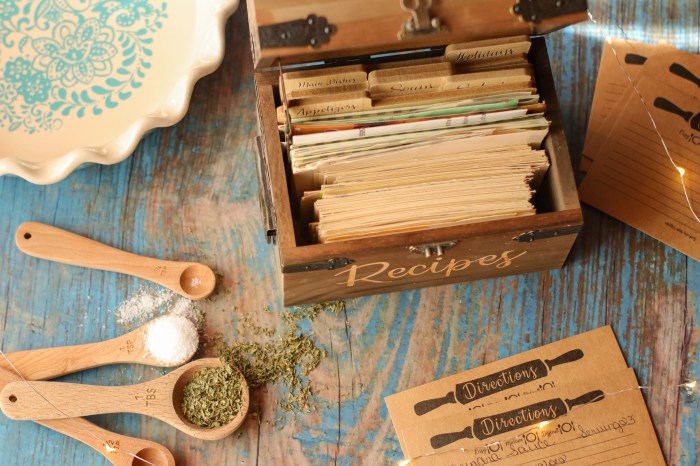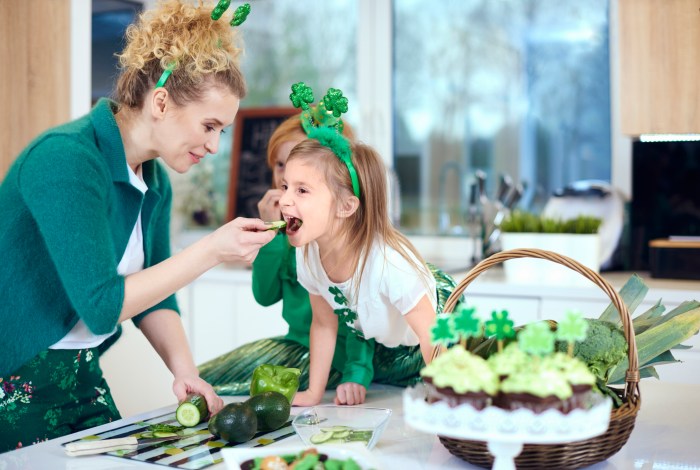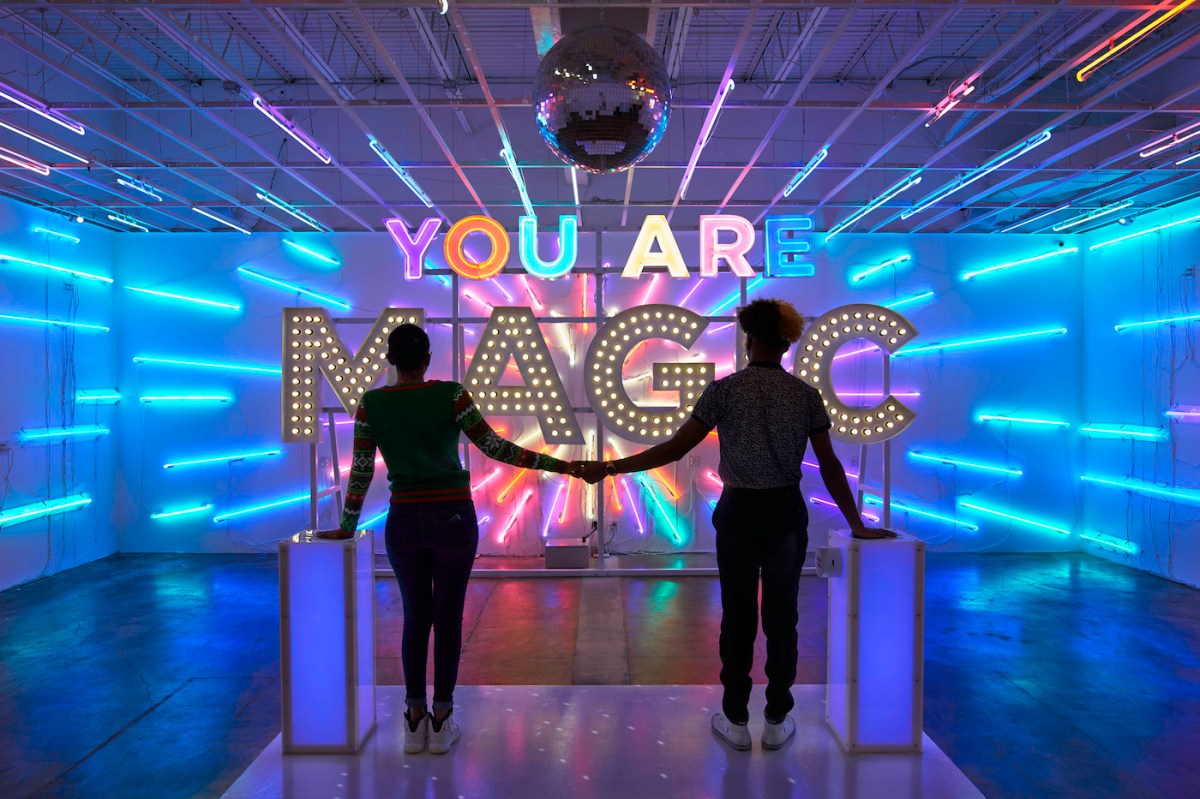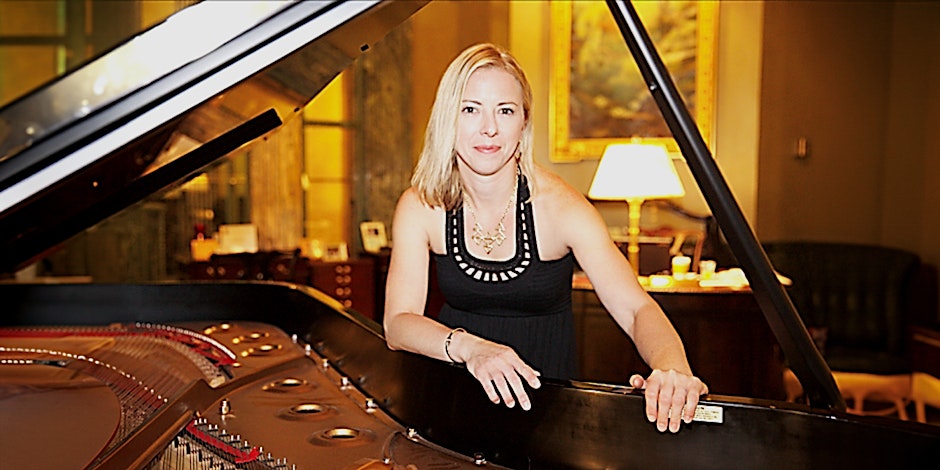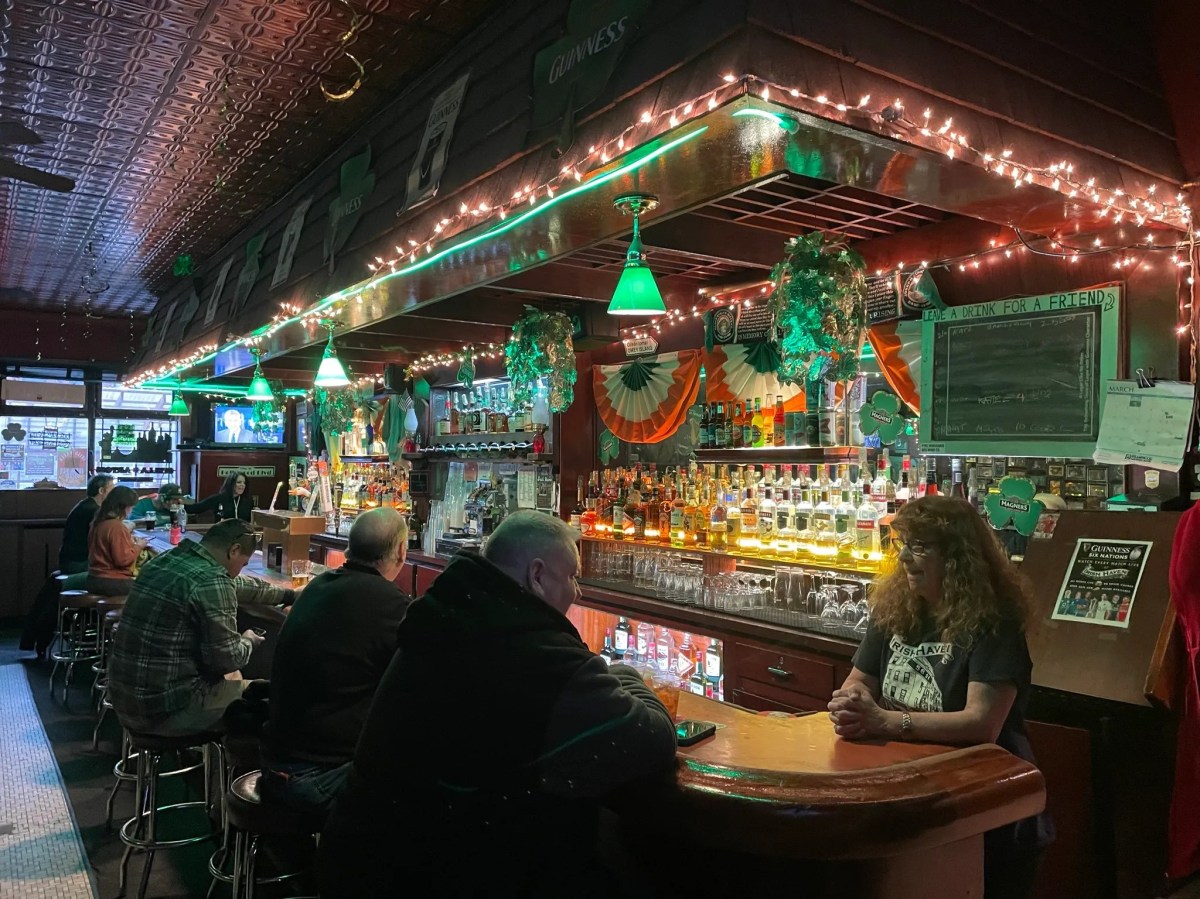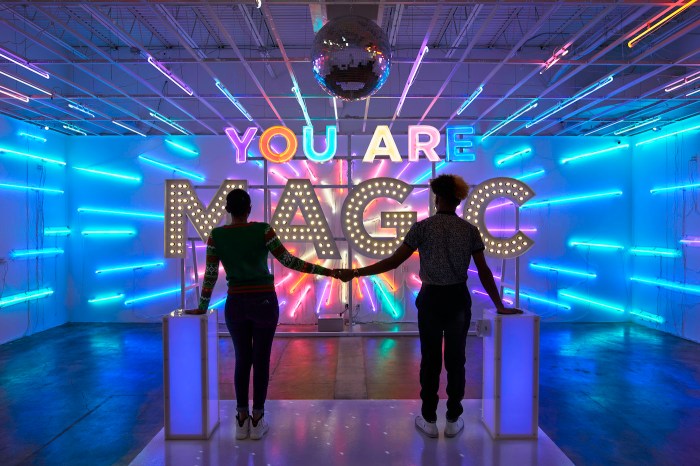This could have been the original power lunch: A group of women gathered for a luncheon 150 years ago at Delmonico’s without the company of men.
This simple act, which took place on April 20, 1868, was both shocking and groundbreaking at the time.
“Generally, in the 19th century, women were not really allowed to be out and about unescorted,” said Valerie Paley, chief historian and director of the Center for Women’s History at the New-York Historical Society.
In some cases, women who walked around without a man ran the risk of being viewed as “fair game” or even a prostitute, she said.
But journalist Jane Cunningham Croly, angry she was prohibited from attending a dinner honoring Charles Dickens at the storied lower Manhattan restaurant the previous year, wanted to make a statement.
She brought members of her newly formed women’s club Sorosis to Delmonico’s and made it their regular hangout, holding monthly meetings at the restaurant.
“For Delmonico’s to make a stand about this was kind of important and revolutionary,” Paley said.
Delmonico’s is celebrating this historic moment with a special menu created by Gabrielle Hamilton, the James Beard Award-winning chef and owner of Prune, and an invitation-only event for women on Friday.
Hamilton’s a la carte menu, which includes dishes such as trout roe and soft-shell crab, will be available for lunch and dinner from April 23-27 and dinner only on April 28, with reservations recommended but not required.
“Probably 15 years ago, I came across the pretty famous photo of the women’s luncheon at Delmonico’s and have been jealous ever since that I couldn’t have attended in 1868,” Hamilton told amNewYork in an email. “How exciting that 150 years later, I get to cook the damn thing!”
This anniversary feels especially relevant with the rise of the #MeToo movement.
“I think up until recently, it seemed like a curiosity to some people who couldn’t believe there was a time when women were discriminated against and segregated,” Paley said. “And now we are living in a moment where we are revisiting those issues — how far we have come and how far we have not come.”
Carin Sarafian, sales and marketing director at Delmonico’s, noted the restaurant’s progressive history as the first to allow women to dine unescorted with male chaperones and to employ a female cashier.
“This marks a huge anniversary, and it coincides with the #MeToo movement,” Sarafian said. “We don’t look at this as a political statement. It’s a celebration of women.”
While men could dine anywhere they wanted at the time, women were mostly relegated to ice cream parlors, department store cafes and ladies-only sections of hotels.
Even the food they were served was different, Paley said.
“It’s interesting to even consider the fact that food itself had a [gender] inequality,” she said. “Women were presumed to eat little sandwiches, fruits and light soups. They were genteel and alcohol-free.”
While the menu of that first luncheon is unknown, Sarafian said, Hamilton looked at dishes from the time to help craft her own.
“The original menus are comprised of classics, and classics are, fortunately, ‘evergreen,’” Hamilton said. “In some ways I would say it was mostly a matter of curating rather than translating — in other words, deciding which dishes, ingredients and preparations still today feel vital, relevant and, most importantly, delicious.”
The first-course selections include beef bouillon with jellied consommé fortified with Madeira served hot and cold ($15), trout roe and shaved radish on a pumpernickel crouton with brown butter ($18) and malakoff (a cheese fritter) on a cornichons-parsley salad ($19).
The main course includes soft shell crab with asparagus and sauce Américaine ($38); a second entree is still being finalized. The dessert is brûléed rice pudding with strawberry meringue and macerated strawberries ($13).
Hamilton, who opened her popular East Village eatery nearly 20 years ago, said the women’s luncheon is an anniversary that should be recognized.
“Some hardworking and forward-thinking women pushed those doors open 150 years ago,” she said. “It feels important to me to continue to hold the doors open for those who come after you.”




